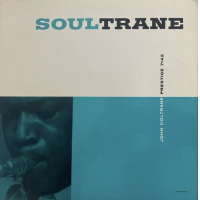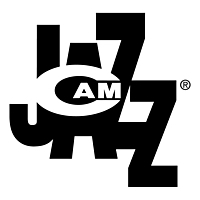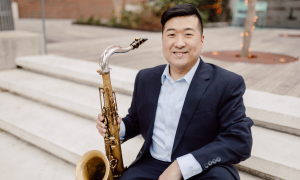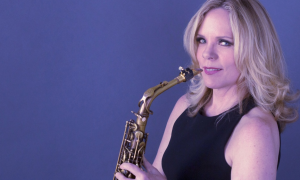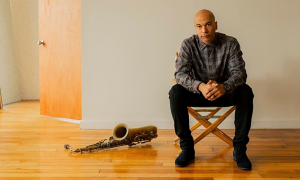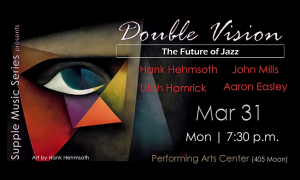The song is from Coltrane's Soultrane album, which features John Coltrane (ts), Red Garland (p), Paul Chambers (b) and Art Taylor (d). Recorded in February 1958 for Prestige, Soultrane is also known for Ira Gitler's liner notes, in which he coined “sheets of sound" to describe Coltrane's late 1950s approach on the saxophone
The album was recorded three days after Coltrane recorded with Miles Davis on a chunk of Davis's Milestones album for Columbia and three months before Davis's On Green Dolphin Street with his famed first sextet.
Here's John Coltrane's take on You Say You Care...
This story appears courtesy of JazzWax by Marc Myers.
Copyright © 2025. All rights reserved.


